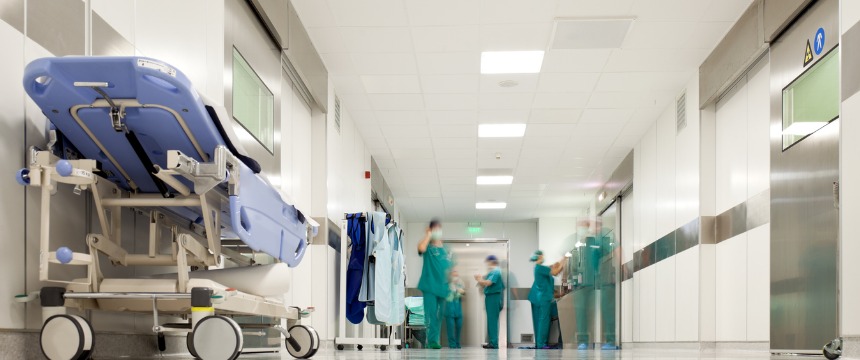COVID-19: FEMA Public Assistance Funding Could Be Available to Defray Costs of Health Care Activities

The Federal Emergency Management Agency (FEMA) has made Public Assistance funding for some COVID-19 health care costs available to state, tribal, and territorial government entities, and those government entities can, in turn, provide that funding directly or indirectly to health care providers. State, tribal, or territorial governments can apply for and receive FEMA Public Assistance funding grants and may be able to use that financial assistance to cover the cost of their own COVID-19-related health care activities. Non-profit organizations and local government entities may be eligible to receive FEMA-funded financial assistance grants from state, tribal, or territorial governments to defray their costs of performing COVID-19-related health care activities. Government entities and non-profit organizations that receive FEMA funding may issue contracts to for-profit entities to perform health care-related services, such as performing COVID-19 testing, or provide health-care related supplies or equipment.
To address the COVID-19 pandemic, FEMA is allowing Public Assistance funding to reimburse certain costs incurred by health care providers that are treating patients with COVID-19 or are otherwise addressing the COVID-19 pandemic, as explained in more detail below. However, FEMA funding cannot be used if it would be duplicative of funding available from another program, public or private insurance, or any other source of funding for the same purpose. For example, funding received through the Provider Relief Fund or the Paycheck Protection Program may be considered duplicative of FEMA financial assistance.
For existing health care facilities that receive FEMA-funded grants, costs relating to COVID-19 treatment that may be eligible to be reimbursed with FEMA funding include:
- Costs directly related to the treatment of COVID-19 patients, including both emergency and inpatient treatment of COVD-19 patients and treatment of both confirmed and suspected cases;
- Purchasing and/or leasing specialized medical equipment necessary to respond to COVID-19;
- Purchasing and delivering Personal Protective Equipment, durable medical equipment, and consumable medical supplies necessary to respond to COVID-19;
- Medical waste disposal related to COVID-19; and
- Certain labor costs associated with medical staff providing treatment to COVID-19, if not included in patient billing or otherwise covered by another funding source.
Existing health care facilities’ costs for health care related to treatment of non-COVID-19 illness or injury are not eligible for financial assistance or reimbursement.
For temporary and expanded health care facilities that were created in response to the COVID-19 pandemic and are treating COVID-19 patients and non-COVID-19 patients, health care activities and associated costs that may be eligible for reimbursement under FEMA-funded grants include:
- Costs similar to those eligible costs of existing health care facilities, above, plus health care costs associated with treating non-COVID-19 patients;
- Lease, purchase, or construction costs;
- Mobilization and demobilization costs;
- Operating costs (including equipment, supplies, staffing, wraparound services, and clinical care not otherwise funded); and
- Costs associated with maintaining a temporary or expanded medical facility to be available for surge capacity readiness.
Health care facilities should keep in mind that FEMA funding for COVID-19 health care costs currently are limited to those costs incurred within six months of the date of the applicable emergency declaration, or until the end of the COVID-19 Public Health Emergency, whichever comes first; however, this may be extended by FEMA. Organizations and entities interested in receiving FEMA financial assistance grants or contracts from recipients of FEMA financial assistance funding should review their state’s FEMA Public Assistance website for more information about available funding, requirements, and procedures for applying for funding.
For more information, please contact your Foley relationship partner or the Foley colleagues listed below. As the coronavirus continues to evolve, Foley is here to help you address the short- and long-term impacts in the wake of COVID-19. We have the resources to help you navigate these and other important legal considerations related to business operations and industry-specific issues faced by many companies around the world. Click here for Foley’s Coronavirus Resource Center to stay apprised of relevant developments, insights and resources to support your business during this challenging time. To receive this content directly in your inbox, click here and submit the form.